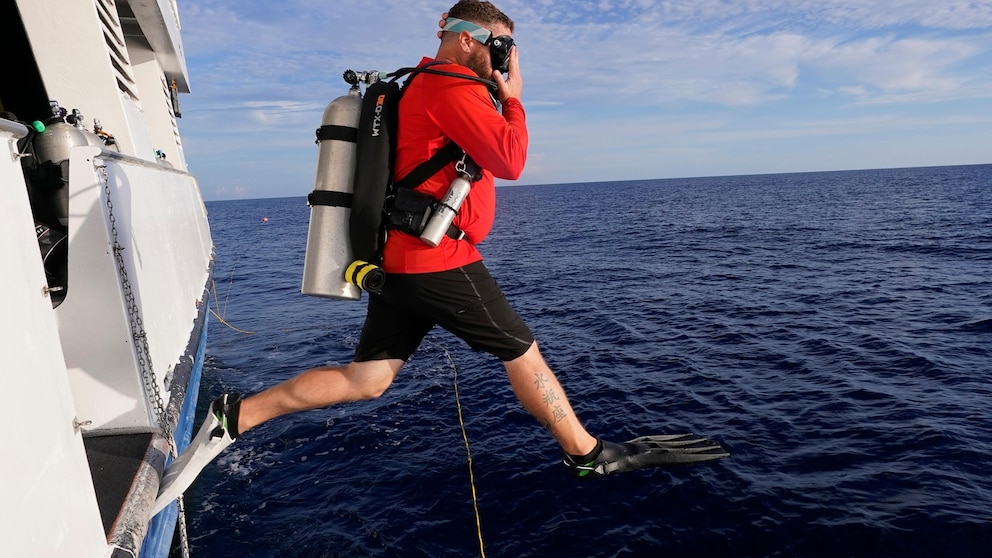Coral Reefs Worldwide Face Detrimental Effects of Climate Change, Yet Some Thrive
Coral reefs are one of the most diverse and vibrant ecosystems on our planet. They provide a home for countless marine species, protect coastlines from erosion, and support local economies through tourism and fishing. However, these delicate ecosystems are under threat from climate change, which is causing detrimental effects on coral reefs worldwide. Despite this, there are a few coral reefs that seem to be thriving even in the face of these challenges.
Climate change has led to rising sea temperatures, ocean acidification, and more frequent and severe storms. These factors have a devastating impact on coral reefs. The increased water temperatures cause a phenomenon known as coral bleaching, where the corals expel the symbiotic algae living in their tissues, leaving them vulnerable and white. Without the algae, corals lose their main source of food and become more susceptible to disease and death.
Ocean acidification, caused by the absorption of excess carbon dioxide by seawater, also poses a threat to coral reefs. The increased acidity inhibits the growth of coral skeletons, making them weaker and more susceptible to damage. Additionally, more frequent and severe storms can physically break apart coral structures, further damaging the reefs.
Despite these challenges, there are a few coral reefs around the world that seem to be thriving. One such example is the Great Barrier Reef in Australia. While it has certainly experienced significant bleaching events in recent years, it has shown some resilience and recovery. Scientists believe that the reef’s size and diversity, along with strict conservation measures, have contributed to its ability to bounce back.
Another example is the Mesoamerican Barrier Reef System, which stretches from Mexico to Honduras. This reef system has shown remarkable resilience to climate change impacts. Researchers attribute this to its location in relatively cooler waters and its proximity to upwelling zones, where nutrient-rich waters from the deep ocean rise to the surface, providing a constant source of food for the corals.
The Phoenix Islands Protected Area in Kiribati is another coral reef that has shown signs of thriving. This remote and relatively untouched reef system has benefited from its isolation and limited human activity. The area was designated as a marine protected area in 2008, providing further protection for its fragile ecosystem.
These examples highlight the importance of conservation efforts and the potential for resilience in coral reefs. Strict regulations on fishing, pollution control, and sustainable tourism practices can help reduce stress on these ecosystems and give them a better chance of survival. Additionally, efforts to reduce greenhouse gas emissions and mitigate climate change are crucial in ensuring the long-term health of coral reefs worldwide.
While some coral reefs are showing signs of resilience, it is important to note that they are still under threat. The majority of coral reefs around the world are experiencing significant declines, and urgent action is needed to protect and restore these invaluable ecosystems. By raising awareness, implementing conservation measures, and addressing climate change, we can work towards preserving these vibrant and diverse habitats for future generations to enjoy.



